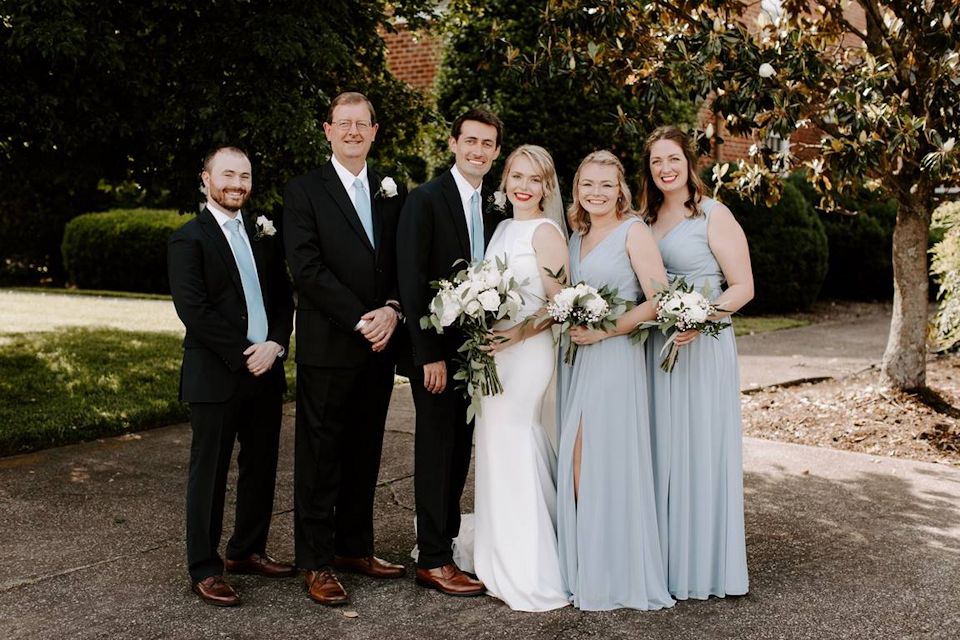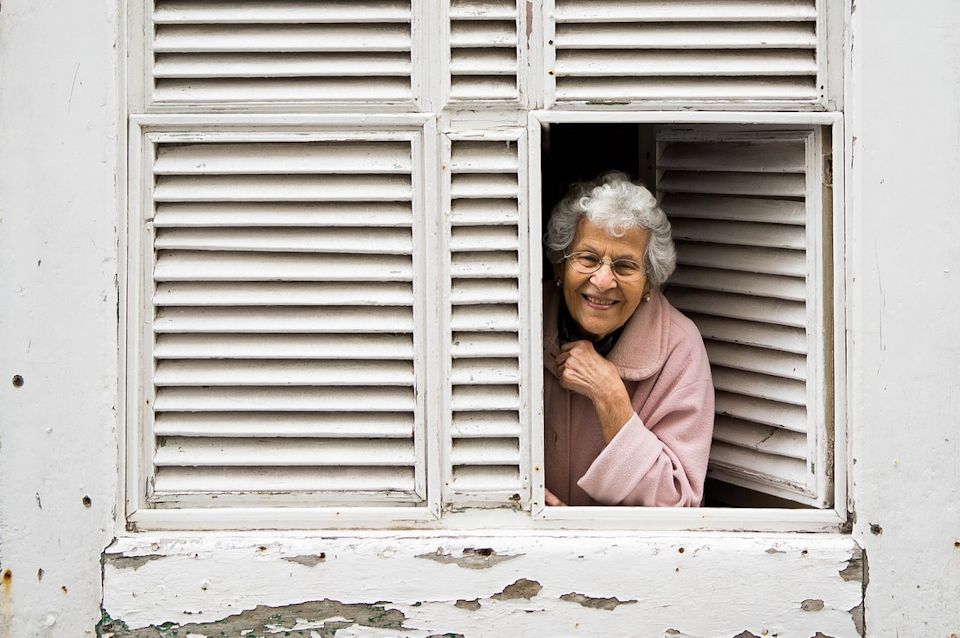One family’s experience is a good example of coping happening around the world as plans, hopes, expectations have turned into disappointments because of COVID-19.
CRYSTAL CAVINESS
United Methodist Communications
It’s been a tough spring for Ally Lay.
When schools closed in March due to the coronavirus, the East Tennessee United Methodist was sent home from student teaching, the final requirement before receiving her University of Tennessee education degree. A few weeks later, she learned that commencement ceremonies were canceled. And then, the big one: the guest list for her May 23 wedding shrank from 350 to 10.
“I was not OK at all,” Lay admits. “I cried for a few days. It was so many big things at once. All of the things I had dreamed of didn’t happen the way I always dreamed they would.”
The universality of the pandemic
What happened to Lay and her new husband, the Rev. Andrew Lay, an associate pastor at Keith Memorial United Methodist Church in Athens, Tennessee, has been occurring across the world during the past few months as plans, hopes, expectations have turned into disappointments because of COVID-19.
Let’s face it: 2020 has been a challenge.
“Right now, in this pandemic, I don’t think there’s a person on the planet that isn’t feeling some sense of loss,” said the Rev. Gary Shockley, who serves on staff of the Susquehanna Conference of The United Methodist Church. Shockley is the author and illustrator of a book titled, “My Heart Sings a Sad Song,” intended to help kids handle grief.
These days, Shockley maintains grief is an emotion all of us, even kids, may feel as routines and events, such as summer camps, vacations, and family reunions, are canceled. (Listen to Shockley being interviewed on the topic at the “Get Your Spirit in Shape” podcast here.)

Feeling sad is OK
Lay does not deny her grief.
“I had to understand that all of my feelings and disappointments were valid,” Lay says. “It was good for me to check in on my mental health during this time and know that feeling a letdown is OK and having feelings of sadness is OK. But we can get through this one day at a time.”
The scripture that Lay and then-fiancé Andrew Lay selected months earlier for their wedding proved to be an anchor.
“’Nothing can separate us from the love of God’ served as a constant reminder,” Ally Lay says, quoting words from Romans 8. “Even though we were in the midst of the global pandemic, there was nothing that could separate us from the love of God. For us to start our marriage with those words was really special to me.”
Andrew Lay chose to pair the comfort of the Bible verses with a strategy he calls “good, better, best.”
“This is my attempt to bring about a process that can help us wrap our minds around what’s going on,” he explained. “It gave us tools about how we’re going to do this.”
The “good, better, best” scenario mapped out what their wedding would look like with only 10 people (good), 25 people (better), and 50 people (best). Ultimately, they ended up with the “good” version, deciding their family’s health and safety was a priority.
The view through the Coping Window
Dr. Terrell McDaniel, a United Methodist and longtime psychologist in the Middle Tennessee area uses the Coping Window in his practice. The strategy is from a book titled “Career Burnout,” but the four-point method extends beyond work-related stress.
“With the Coping Window model,”’ he says, “you’re thinking about what you can do and what you can’t do. It’s actually a way of working through the Serenity Prayer. You reframe what is happening to you.”
“Stress management should serve the purpose of actively dealing with things that you can have some effect upon, and mitigating or avoiding the things that you cannot change,” McDaniel offers. “The wisdom (to know the difference) part? Well, that comes with experience, some education, and, …let’s just say, keep praying on that one.”
Getting creative in celebrating events is also a way to help soothe the disappointment, McDaniel suggests. Friends and family have the opportunity to make events, such as graduations, more personalized, and special in our current situation. (Read about the creative surprise at the Lays’ wedding.) Asking the questions, “What am I going to do instead?” or “Can we do this later?” may be ways to navigate the sadness, as well as reframing.
‘Make the era part of the memory’
One example of reframing would be to “make the era part of the memory,” says McDaniel. “It’s important for us to realize that, first of all, this will pass. For example, there will never be another graduating class with these conditions and it will be a unique situation to be able to say that. Again, that’s part of the reframing that allows you to make lemonade out of lemons.”
Evidently, Ally Lay is an expert lemonade maker, as she reflects on what her wedding with 350 guests might have looked like.
“I feel like with most weddings, especially the one I had planned, we would have been running around, talking to hundreds of people, so hectic,” Lay points out. “Now, I cannot imagine our wedding looking like anything else. It was just us and the people who love us the most and it was incredibly special.”
You will find additional coronavirus information and coping resources here. And more from the Michigan Conference here.
Last Updated on October 31, 2023

